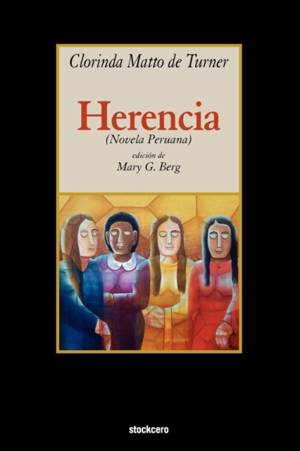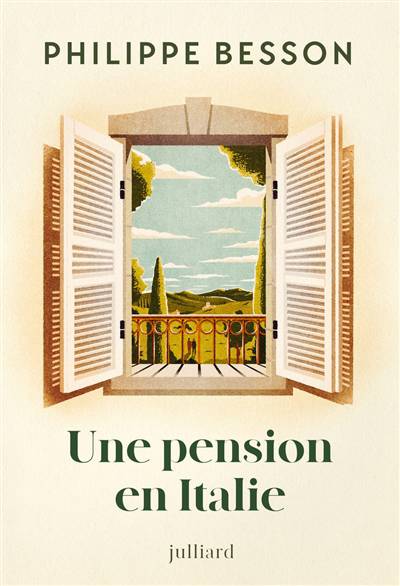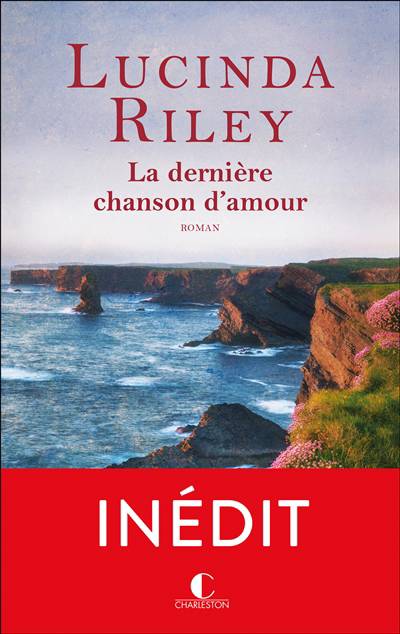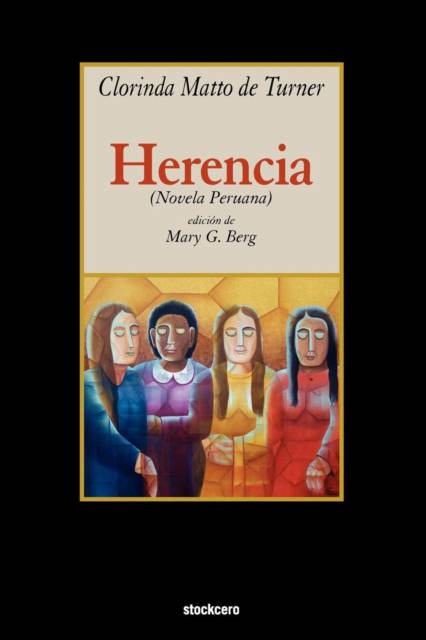
- Retrait en 2 heures
- Assortiment impressionnant
- Paiement sécurisé
- Toujours un magasin près de chez vous
- Retrait gratuit dans votre magasin Club
- 7.000.0000 titres dans notre catalogue
- Payer en toute sécurité
- Toujours un magasin près de chez vous
Description
Herencia (1895) set in the city of Lima during the last decades of the XIX Century, is the third deliberately controversial novel written by Clorinda Matto de Turner (Peru, 1852-1909), well known by then for her novels, Aves sin nido (1889) and Indole (1891), which take place in rural Andean Peru. An experienced writer of essays, historical fiction and biographies, Clorinda Matto had a sociologist's sharply observant eye, but by 1895, when she published Herencia, Clorinda Matto's days as an aggressive journalist in Lima were numbered. Only a few months later, she fled into exile in Argentina and never returned to Peru. Herencia, an analysis of class and gender in Lima, told through the stories of six women's interwoven lives, can be read as Matto's no-holds-barred exposé of what she really thought of Lima society of the late 1880s, a society in the throes of major changes. In the aftermath of the disastrous War of the Pacific (1879-83), Peru's ruling classes struggled to regain and retain their social and political power, but they were challenged by many new circumstances. A flood of modern ideas and commercial products, as well as new immigrants, forced changes, and Lima evolved rapidly, despite resistance. In a world of new department stores, economic possibilities, trains, sewing machines and modern mores, Matto's women characters struggle to define their lives as they succeed or fail in this society in flux. Matto was fascinated by the new sciences of eugenics and evolution, and the central issues of the novel are related to unresolved debates about the relative importance of Nature (genes, biological inheritance) vs. Nurture (education, environment). Considered shocking and even pornographic at the time, because of its depiction of women's sexuality, Herencia remains a vivid analysis of upper, bourgeois, and lower class women's lives in Lima at a time of unprecedented dramatic social changes. This novel, extensively annotated, with an introduction and bibliography by Mary G. Berg, would be a lively addition to courses on 19th century Latin America, 19th century Women's History, the rise of mercantilism and commerce, a history of women journalists, or an Upstairs/Downstairs approach to the analysis of history and society.
Spécifications
Parties prenantes
- Auteur(s) :
- Editeur:
Contenu
- Nombre de pages :
- 208
- Langue:
- Espagnol
Caractéristiques
- EAN:
- 9789871136568
- Date de parution :
- 14-09-06
- Format:
- Livre broché
- Format numérique:
- Trade paperback (VS)
- Dimensions :
- 152 mm x 229 mm
- Poids :
- 312 g

Seulement chez Librairie Club
+ 90 points sur votre carte client de Librairie Club
Les avis
Nous publions uniquement les avis qui respectent les conditions requises. Consultez nos conditions pour les avis.







